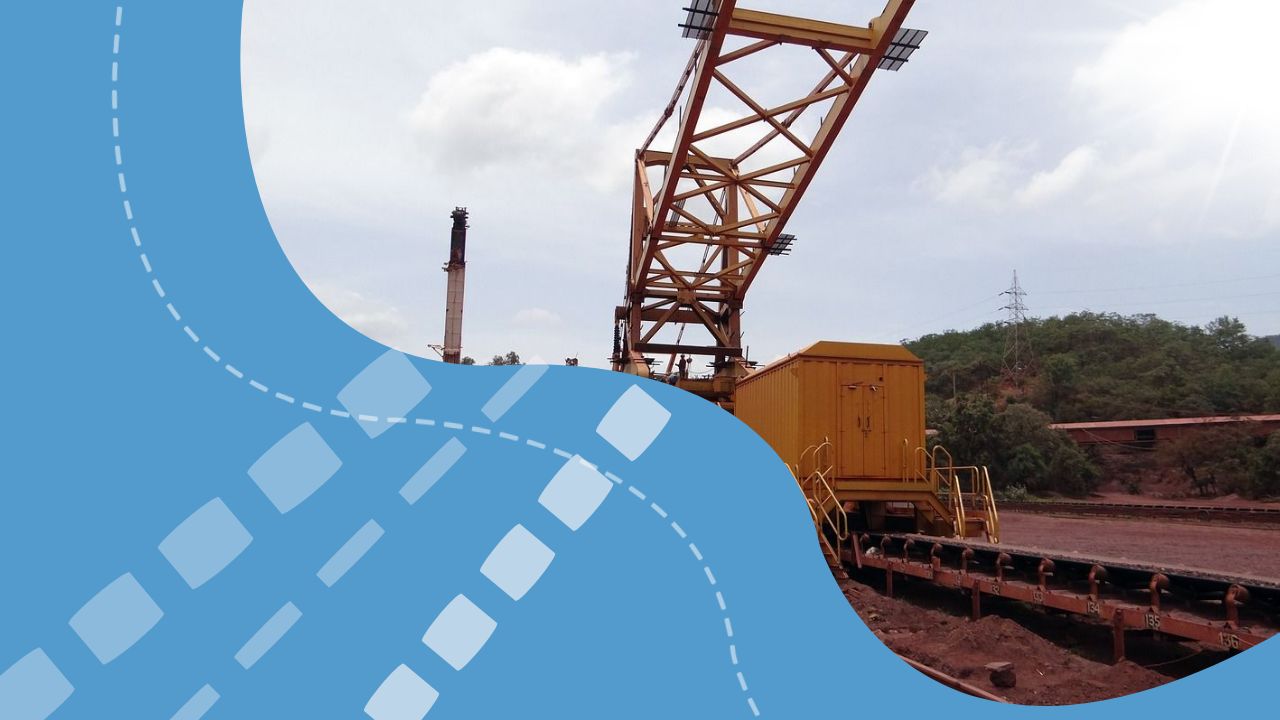In a recent interview with leading Polish business publication Business Insider, CEO Yuriy Ryzhenkov unveiled Metinvest mining and metallurgical group’s plans to invest in a logistics center in Poland. The objective behind this investment is to enhance the supply of Ukrainian metal products for export.
Ryzhenkov revealed that Zaporizhstal and Kamet Steel, two subsidiaries of Metinvest, are currently operating at 65-70% and 75% of their respective capacities. Approximately 25% of their products are sold within the domestic market, while the majority is exported, primarily to European Union countries. Notably, neighboring nations such as Poland, Slovakia, the Czech Republic, Romania, and Bulgaria are significant destinations for these steel products. The company also caters to customers in countries like Italy, Germany, and France.
Ryzhenkov acknowledged that steel mills are faring relatively well in terms of sales. However, iron ore enterprises face different challenges. Aside from serving domestic consumption, China was a key buyer. Unfortunately, due to current circumstances, exports to China are nearly impossible as Black Sea ports are blocked. Consequently, EU border countries remain as buyers. Iron ore enterprises are currently operating at 35-40% of their capacity. Efforts were made to send raw materials to China through Romanian and Polish ports, but the logistics economics proved unviable in the current market conditions.
Ryzhenkov pointed out that the company’s coal production in Ukraine is operating at full capacity. The coal is supplied to Metinvest’s coking enterprises within Ukraine and is also sold in the local market. Exports, mainly to Slovakia and Poland, account for the remaining portion.
The CEO also mentioned that Metinvest’s 2022 steel production decreased by 69% compared to the previous year, significantly impacting various financial indicators, with profits in 2022 down by 54% compared to the prior year.
Despite these challenges, Metinvest’s overarching strategy remains unchanged. The company aims to integrate Ukraine and its iron ore resources into the European steel production chain. Consequently, Metinvest continues to seek opportunities to acquire assets that facilitate the utilization of Ukraine’s raw materials to produce goods in the EU and supply them to European consumers.

